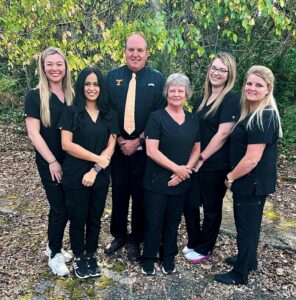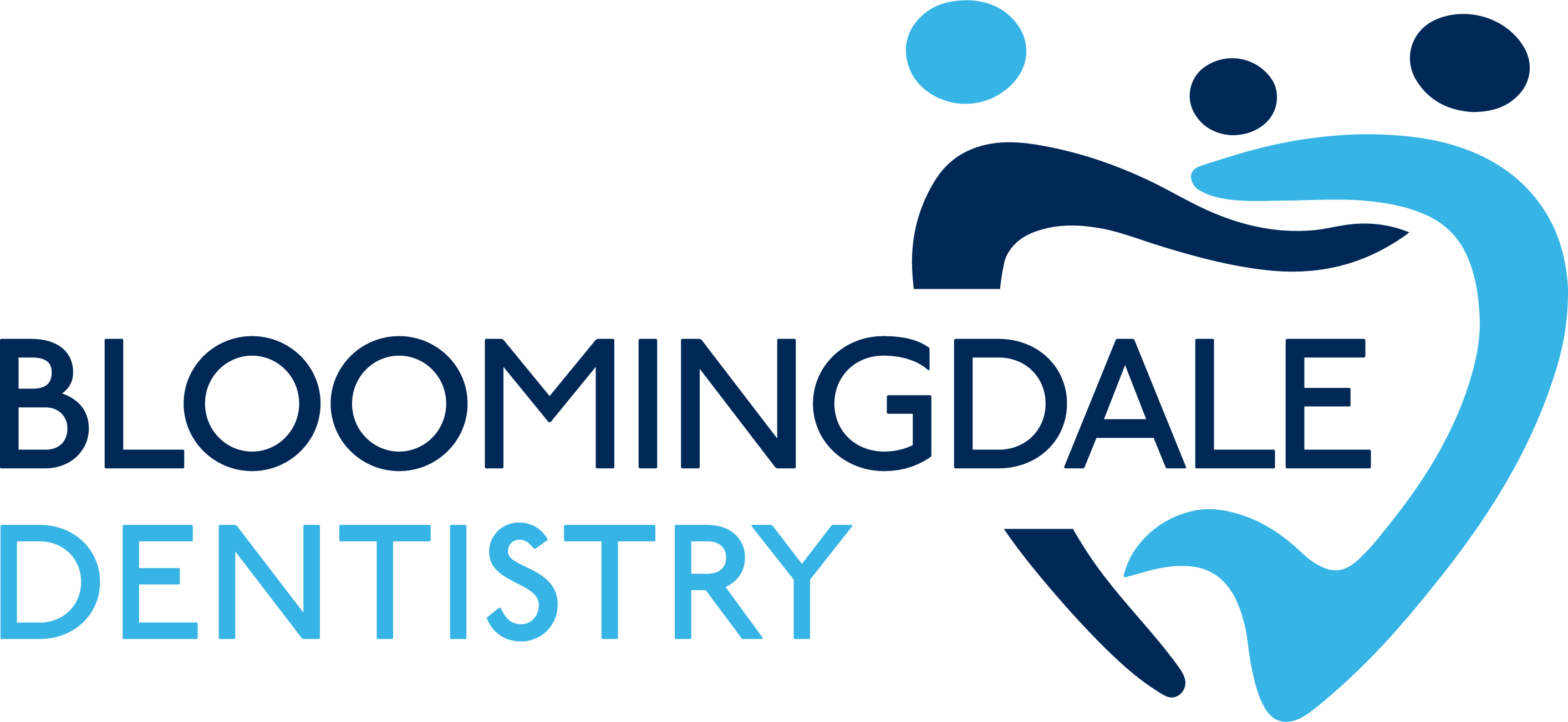
15 Jan 5 Easy Steps to Remineralize Your Teeth at Home
If your teeth look strong on the outside, don’t be fooled. They are still getting sapped of essential nutrients and gradually weakening over time. This process is known as demineralization. Don’t worry, it’s not just you—demineralization is something we all face. Your body works to combat it with a process known as remineralization. Your body could use a little help, though. With these 5 easy steps, you can help your body fight the loss of crucial minerals and keep your teeth strong and healthy for years to come.
You can remineralize your teeth at home by:
- Practicing good oral hygiene
- Brushing with fluoride toothpaste
- Eating a well-balanced diet
- Reducing your sugar intake
- Enjoying fruit juice in moderation
What does it even mean to remineralize teeth?
Your tooth enamel is made up of important minerals like calcium and phosphate. The enamel forms a protective shell around your teeth. When it erodes, that’s when cavities are formed. Unfortunately, as we age, the minerals that make up this strong protective barrier of enamel get eaten away in the process we call “demineralization.” The foods and beverages we consume and the lifestyle choices we make can either speed up or slow down that process.
The good news is, what’s lost isn’t necessarily lost forever. It is possible to regain these minerals in order to prevent tooth decay and cavities. This process is known as remineralization and it’s easier than you may think. You can start by following these tips and following the advice of our team at Bloomingdale Dentistry.
1. Practice Good Oral Hygiene
When it comes to your oral health, few factors are as important as your oral hygiene regimen. Brushing and flossing are essential for protecting the health of your teeth and gums. Make sure to brush your teeth twice per day for two minutes and floss at least once per day after eating. This helps remove bacteria from your teeth to prevent tooth decay and cavities.
Here’s something else to think about—you may think you’re good to go, that you brush your teeth for long enough, but do you really? Two minutes is longer than we think, at least when it comes to brushing your teeth. Next time you go to brush your teeth, try setting a 2-minute timer, and see if the time feels normal to you, or if maybe you’ve been skimping on the brushing time after all.
2. Brush with Fluoride Toothpaste
One of the most essential minerals for your teeth is known as fluoride. Fluoride is your friend. Some toothpastes, particularly those marketed towards children, may boast about being “fluoride-free.” It’s true that fluoride can cause a condition called “fluorosis” in children if they ingest too much of it. However, these are simply spots on the teeth that will eventually go away. As the Cleveland Clinic explains,
“…according to the American Dental Association, for someone to experience true fluoride toxicity with serious or life-threatening illness, it would take drinking 5 liters of water for every kilogram of body weight. For an adult at 155 pounds, that means you’d have to drink roughly 120 gallons of water at once.”
“You would have to drink so much water, you would die of drinking too much water before you would die of over-fluoridation,” states Dr. Janowicz.
It’s clear that the risk of fluoride is overblown, and its benefits are perhaps underreported. As the University of Illinois-Chicago reports, “Fluoridation is the most cost-effective way to prevent tooth decay and build healthy communities. Evidence shows that for most cities, every $1 invested in fluoridation saves $38 in costs to treat dental problems.” That’s why you should be using fluoride toothpaste to ensure that you’re strengthening your teeth while you brush. Just look for one with the American Dental Association Seal of Acceptance. Their seal promises that you’re purchasing fluoride toothpaste.
3. Eat a Well-Balanced Diet
If you want to restore the minerals your teeth need, a direct line is through your food. So pack your diet with vitamins and minerals to support oral health! To get the most out of your meals, consume foods containing calcium (dairy products) and protein (meat, poultry, fish, tofu). You should also eat plenty of vegetables and fruit for their vitamin content. Make sure to drink lots of water to help clean your teeth between brushing.
4. Reduce Your Sugar Intake
Sugar is one of the biggest threats to the health of your teeth. It contains high amounts of acid that works with bacteria in your mouth to strip away enamel. In fact, a 2016 study found that eating small amounts of sugar more often causes more demineralization than consuming a large amount all at once. Consuming less sugar regularly can help prevent this problem.
If you’re used to having a sweet fix at certain times of the time, try replacing it with a healthier option you still enjoy! Do you like bananas and peanut butter? Try switching out your late-night bowl of ice cream for a gooey banana with melted peanut butter on it! It may be difficult to get used to at first, but your teeth will thank you.
5. Enjoy Fruit Juice in Moderation
Candy isn’t the only acidic danger to your teeth. While healthy in many ways, fruit juice is also high in acids—especially those made from citrus fruits. They cause calcium chelation, which is when acids bind to calcium and strip it away. This process is even worse with fruit juices that contain added sugars. Consume fruit juice in careful moderation.
When you do, it’s also important to remember to wait at least 30 minutes before brushing your teeth. Otherwise, you run the risk of scrubbing the already-weakened enamel away and just making the problem worse, instead of better. Brushing your teeth after consuming fruit, fruit juice, or other acidic foods is good—just remember to wait first.
These 5 simple steps will help you restore the minerals your teeth need. If you’re still concerned about the risk of cavities due to demineralization, contact us to schedule an appointment. We can help you get your oral health on the right track.

About Our Team
Our team at Bloomingdale Dentistry has over 40 years of experience in the field of dentistry. We have a reputation of excellence in patient treatment and care.
To learn more about our team, visit our team page.
